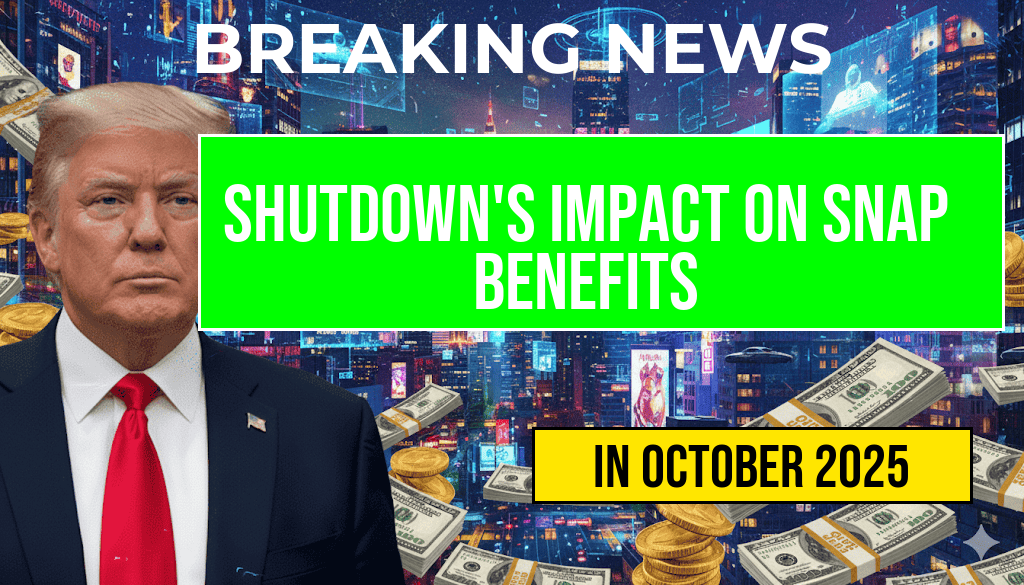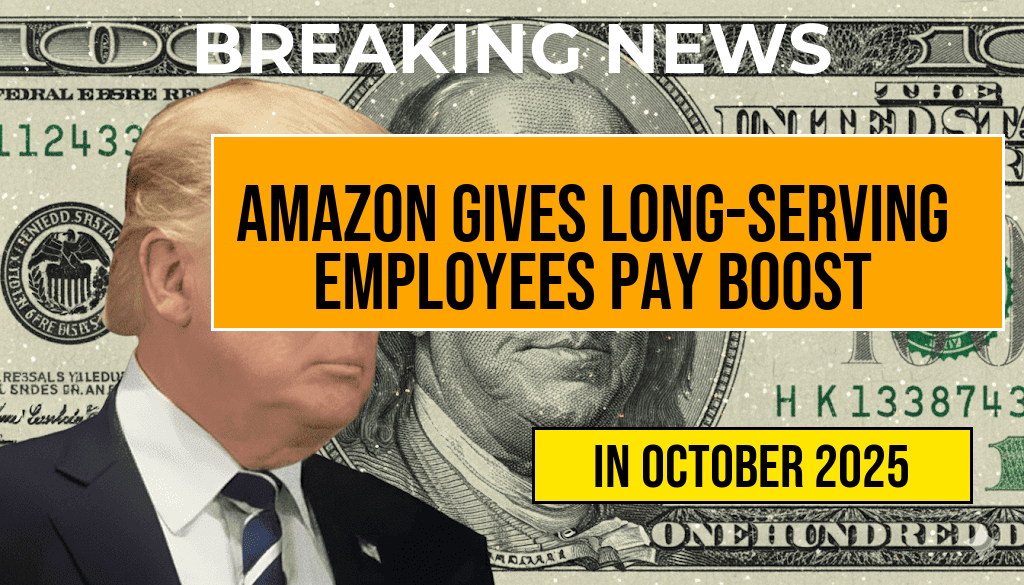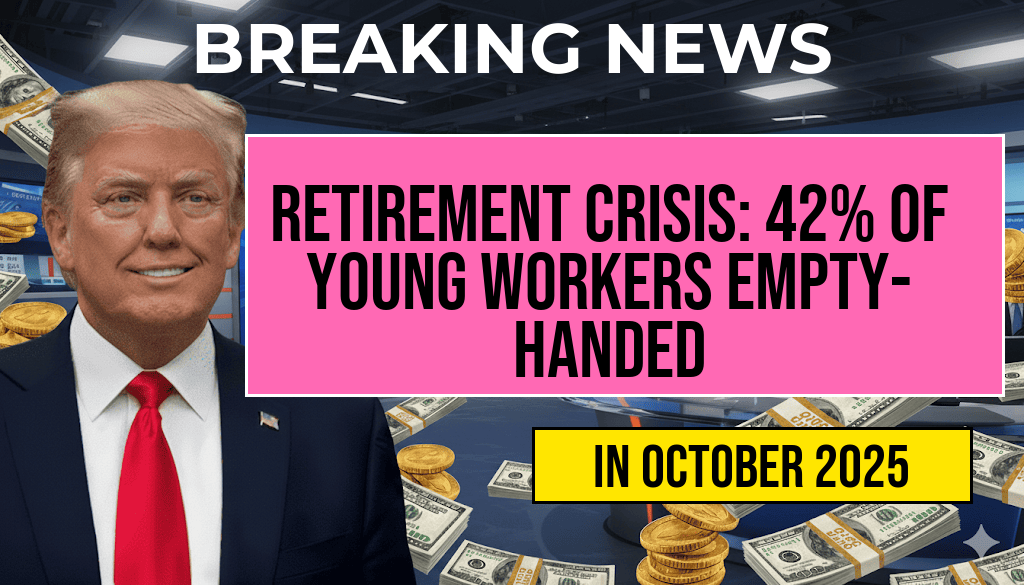The prospect of a government shutdown raises significant concerns across various social programs, with SNAP benefits—more commonly known as food stamps—being among the most vulnerable. As federal agencies face funding lapses, millions of Americans who rely on these programs risk disruptions to their monthly assistance. While some benefits are typically protected during short-term shutdowns, prolonged funding gaps could lead to delays or reductions, impacting the nutritional security of vulnerable populations, including low-income families, seniors, and individuals with disabilities.
Recent political negotiations suggest that a potential shutdown could occur if Congress fails to pass appropriations bills or a continuing resolution before the fiscal deadline. This scenario could result in the suspension of certain federal services, including the issuance of new SNAP benefits or the processing of recertification cases. Although existing benefits are often maintained temporarily, the uncertainty has prompted warnings from advocacy groups and federal agencies about the possible hardships faced by millions depending on consistent food assistance.
Understanding SNAP and Its Funding Mechanisms
The Supplemental Nutrition Assistance Program (SNAP) is administered by the U.S. Department of Agriculture (USDA) and provides monthly benefits to low-income individuals and families to purchase nutritious food. Funding for SNAP is included in federal appropriations, which are approved annually by Congress. Typically, the program operates smoothly during short-term government shutdowns because benefits are considered mandatory spending, and the USDA continues to process existing claims using funds already allocated.
However, the process becomes more complicated with extended funding gaps. During such periods, new applications might be delayed, and recertification processes could be paused, leading to potential benefit reductions or temporary suspension of services. The USDA has protocols to minimize disruption, but these are limited in scope and duration. For example, during the 2019 government shutdown, some states experienced delays in processing new benefits, but existing recipients generally continued to receive their benefits without interruption.
Potential Impacts of a Shutdown on SNAP Recipients
Immediate Effects
- Delays in issuing new benefits for applicants or recertifications
- Potential lapse in benefits for some recipients if processing is delayed beyond the usual cycle
- Challenges in accessing supplemental food assistance during the period of shutdown
Long-term Consequences
- Increased food insecurity among vulnerable populations
- Strain on local food banks and community resources as demand rises
- Potential health impacts stemming from reduced nutritional intake
While the USDA has contingency plans to maintain benefits during brief shutdowns, extended closures could lead to more serious disruptions. The USDA’s disaster and emergency assistance policies outline procedures for maintaining benefits in certain emergency situations, but these measures depend on the duration and scope of the shutdown.
State-Level Variations and Response Measures
States play a crucial role in administering SNAP benefits, and their responses to a federal shutdown can vary significantly. Some states have emergency funds or contingency plans to ensure continued benefits, while others may experience delays. For example, states with robust computer systems and staffing may mitigate disruptions more effectively than those with limited infrastructure.
| State | Likelihood of Benefit Delays | Contingency Measures |
|---|---|---|
| California | Low to Moderate | Utilizes emergency funds for processing delays |
| Texas | Moderate | May experience processing backlogs if shutdown persists |
| Florida | High | Limited contingency plans, potential for service interruptions |
Federal Assistance and Policy Responses
Federal agencies have issued statements emphasizing that current SNAP beneficiaries will generally continue to receive benefits during short-term shutdowns. The USDA has indicated that funds allocated for ongoing benefits are protected and will be disbursed as scheduled. Nonetheless, the process of applying for new benefits or recertifying existing ones could be delayed, affecting those on the cusp of eligibility renewal.
Legislators and advocacy groups are urging Congress to pass emergency funding measures to prevent disruptions. Some have called for automatic extensions of benefits during shutdowns, especially given the ongoing inflation and economic challenges faced by many households. The Administration for Children and Families (ACF) and other agencies are closely monitoring the situation and exploring ways to mitigate impacts.
Broader Implications for Food Security
The potential for a government shutdown to interfere with SNAP benefits underscores broader concerns about food security in the U.S. During previous shutdowns, food banks and community organizations reported increased demand, revealing vulnerabilities in the social safety net. For millions facing financial hardship, even temporary reductions in food assistance can have ripple effects, leading to increased healthcare costs and deteriorating well-being.
Experts emphasize that ensuring uninterrupted access to nutrition programs is vital, especially amid rising food prices and economic instability. Policymakers are encouraged to consider long-term solutions that insulate vital safety net programs from political impasses, safeguarding the health and stability of vulnerable populations.
For ongoing updates on the situation and guidance for SNAP recipients, visit the USDA Food and Nutrition Service website or consult local social service agencies.
Frequently Asked Questions
What is the impact of the government shutdown on SNAP benefits?
The government shutdown may lead to delays or reductions in SNAP benefits for recipients, as federal funding for food assistance programs could be temporarily halted or limited.
Will food stamp assistance recipients still receive their benefits during a shutdown?
While some food stamp assistance benefits may still be distributed during a shutdown, there is a risk of delays or disruptions depending on the duration and severity of the federal funding lapse.
How long could the government shutdown affect SNAP benefits?
The duration of the impact depends on how long the government shutdown lasts. Short-term shutdowns may cause minimal disruptions, but extended closures could significantly affect benefit distribution.
What should SNAP recipients do if their benefits are delayed?
If SNAP benefits are delayed, recipients should stay informed through official government communications and local assistance programs. Emergency food resources may also be available to help during disruptions.
Are there any measures in place to protect food assistance programs during a shutdown?
Some food assistance programs may have emergency funding or contingency plans to continue operations temporarily, but overall support can vary depending on government actions and funding availability.







